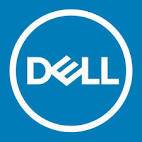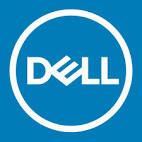
EXPERTS@WAYUP
Sponsored by:
Dell
Now Reading:
4 Signs That Show An Employer Is Serious About Its Company Culture
Sponsored by,
Dell
Sponsored by
Dell





